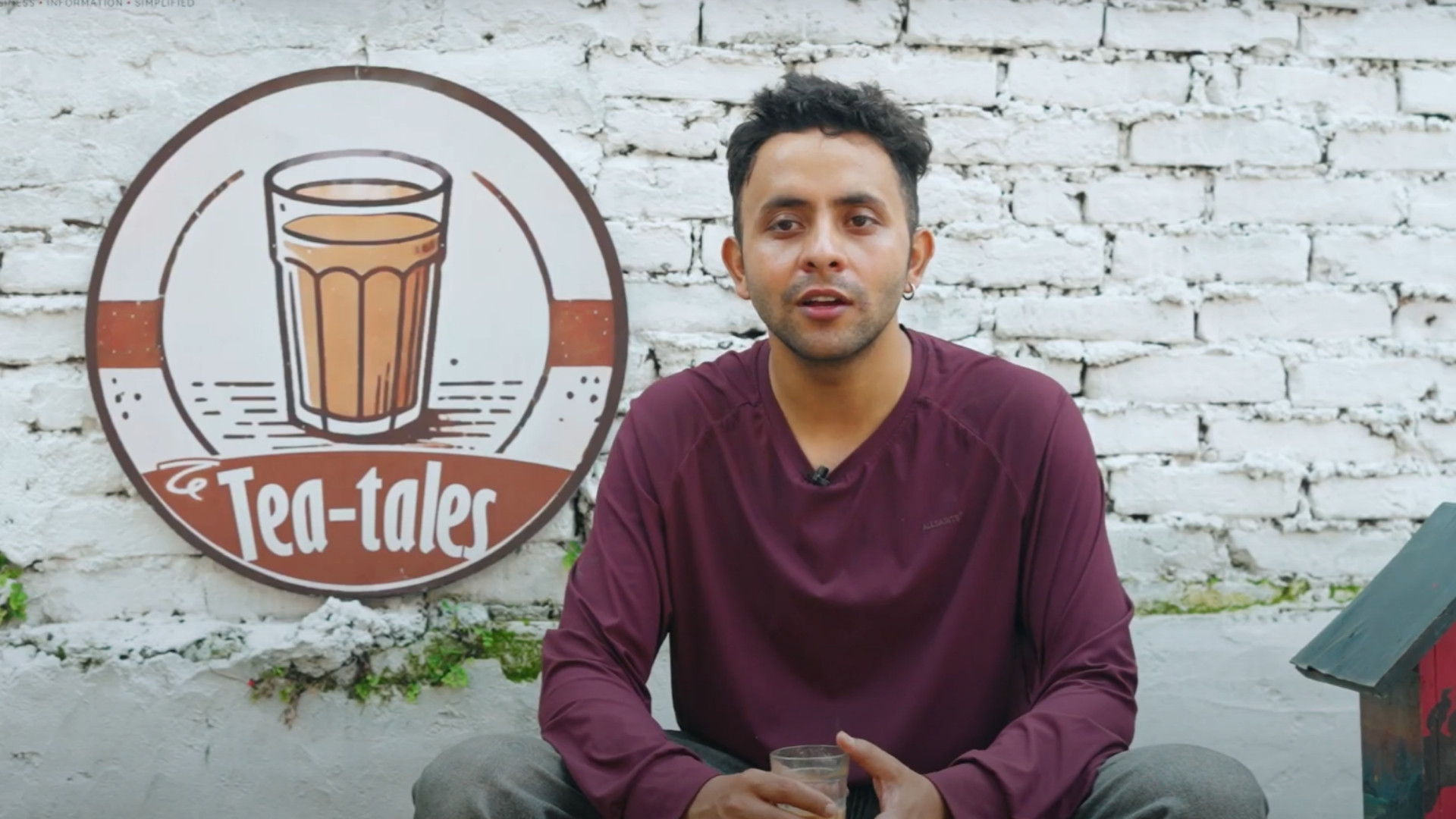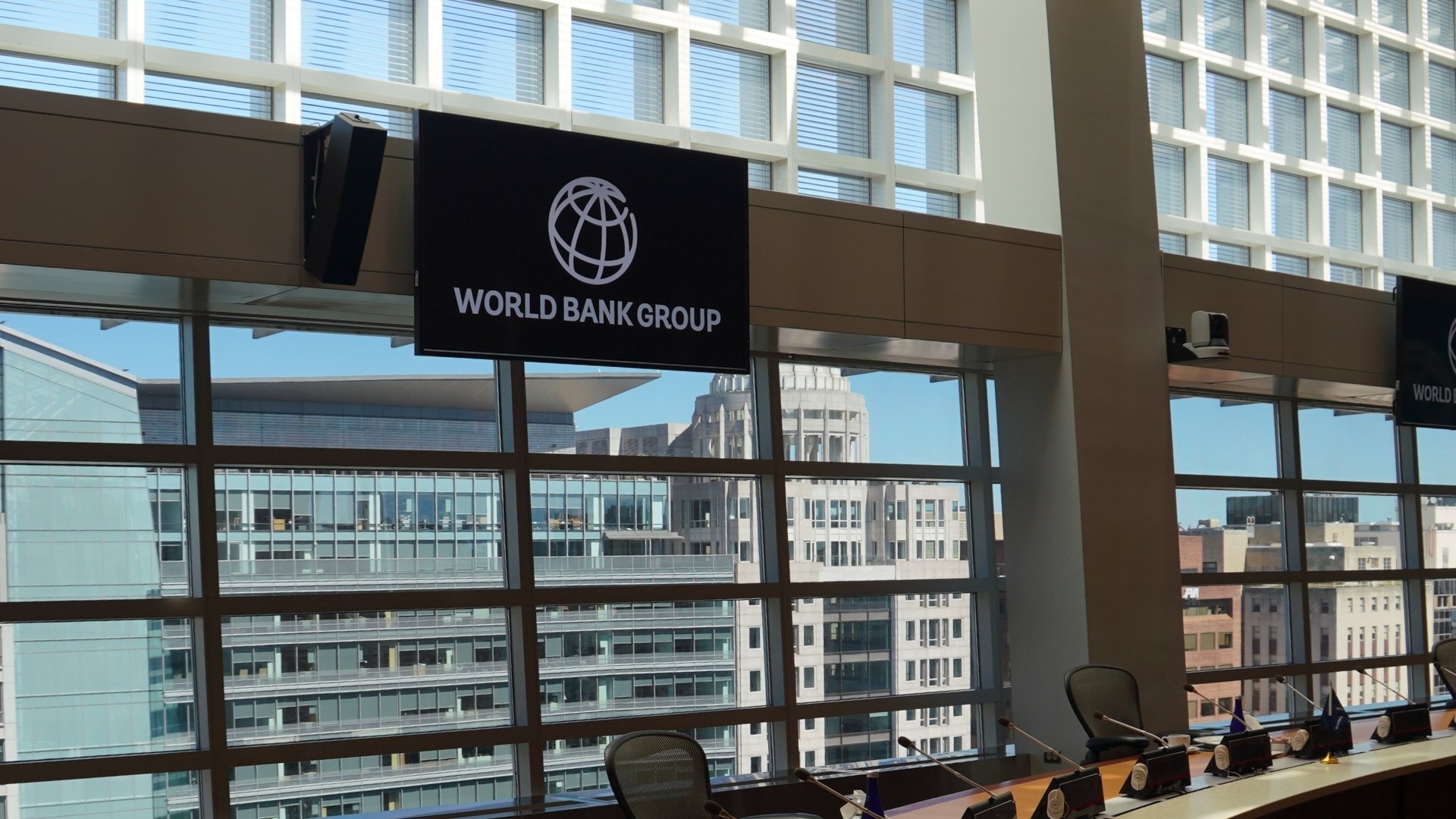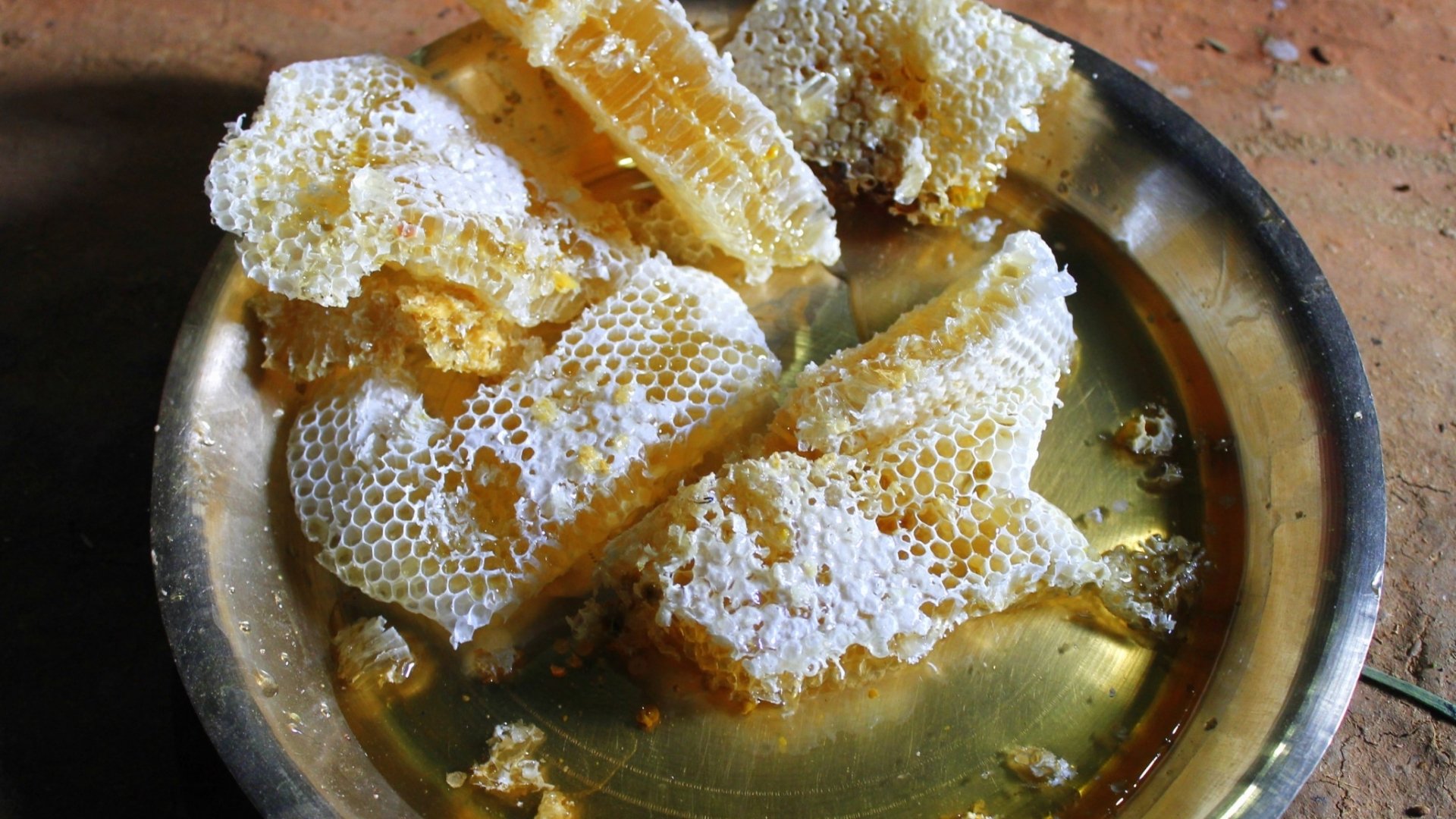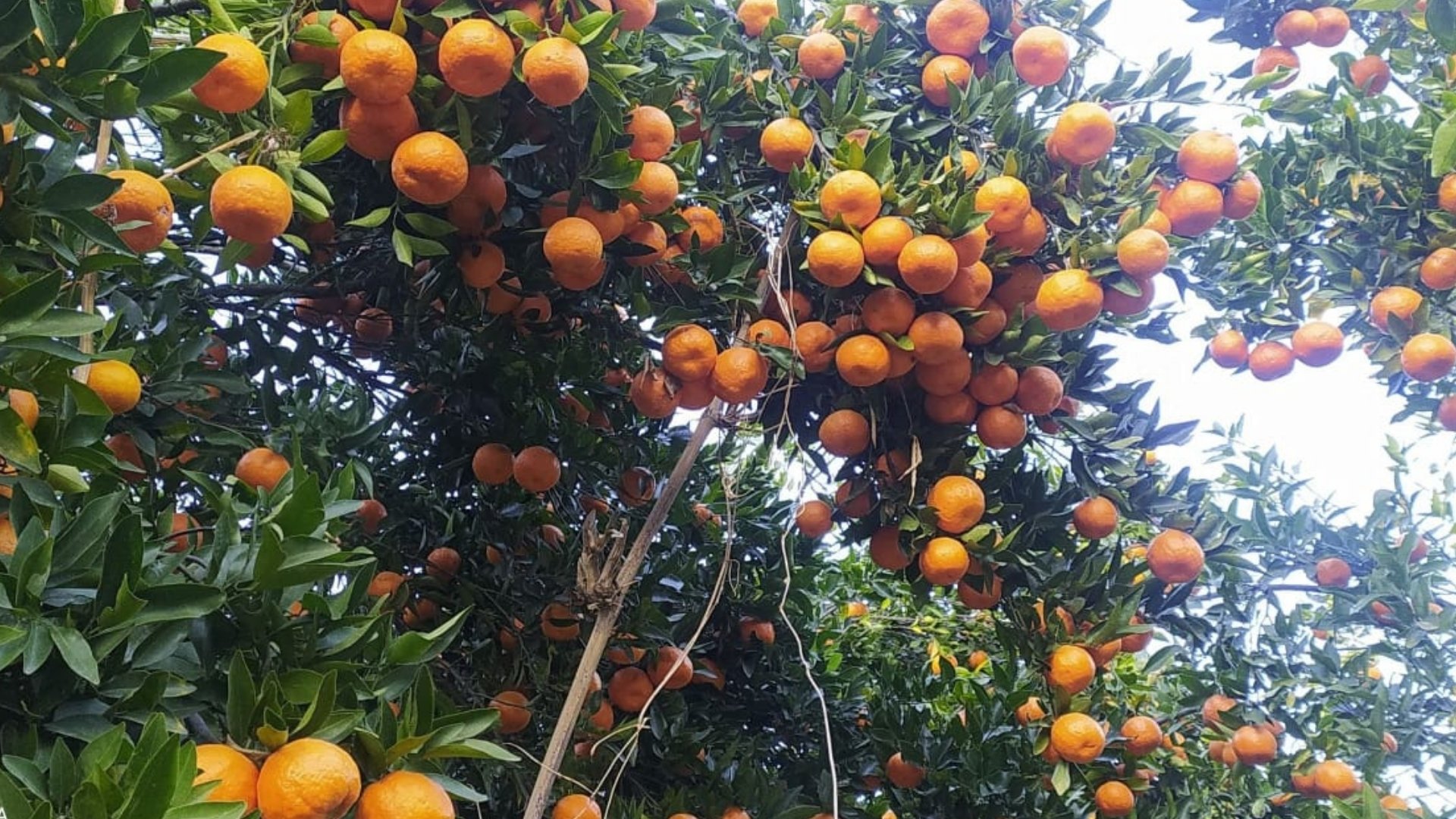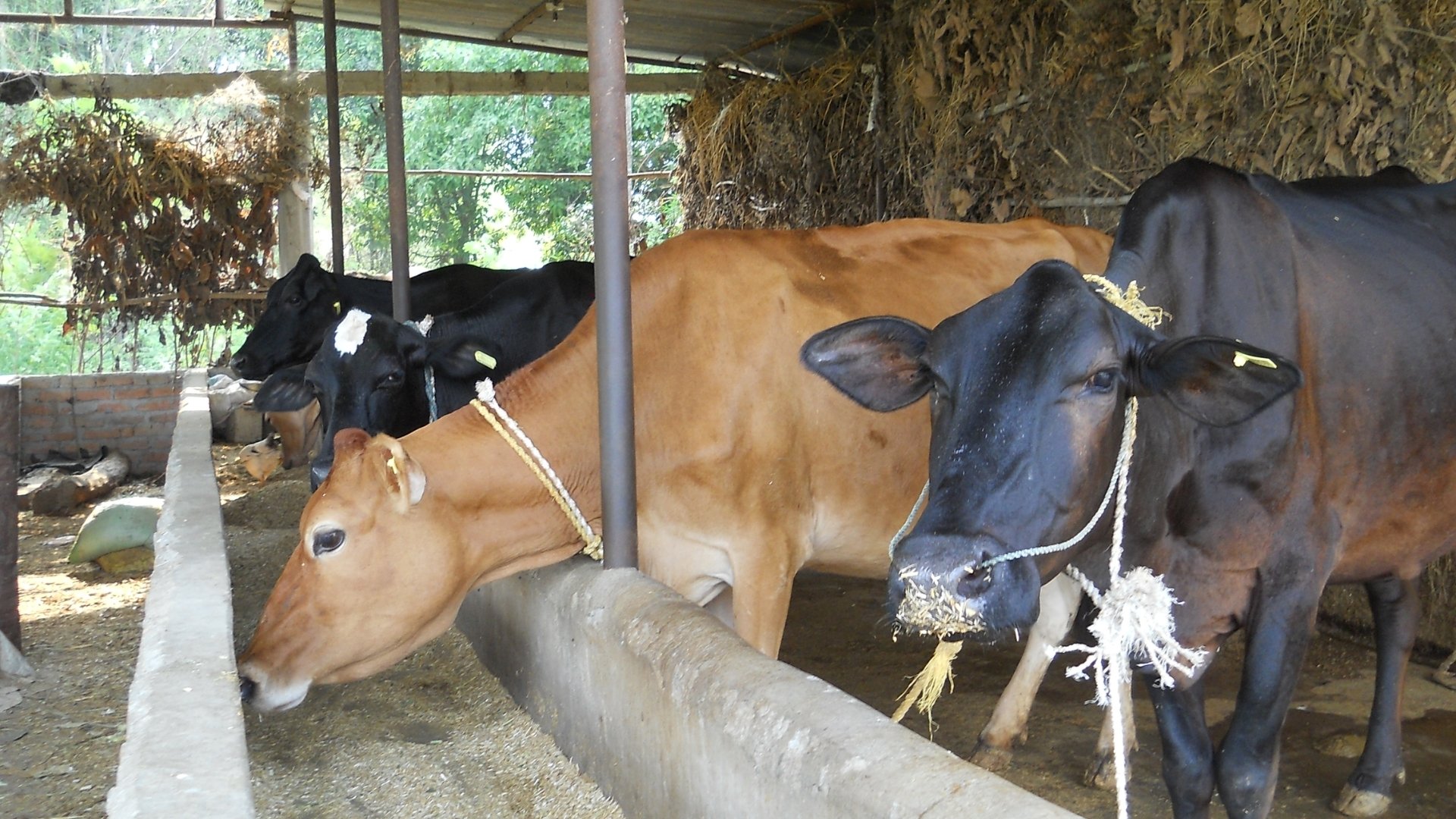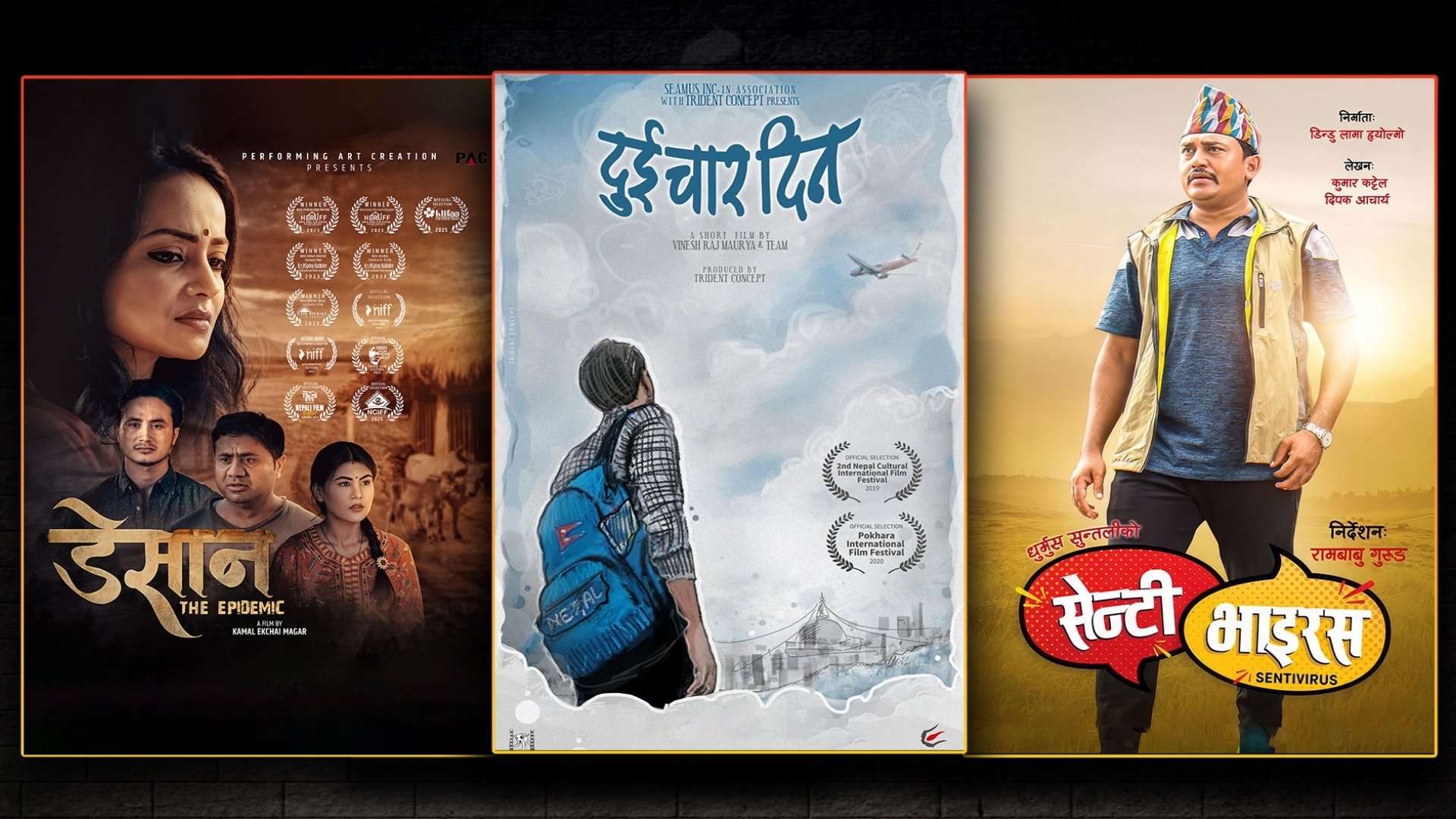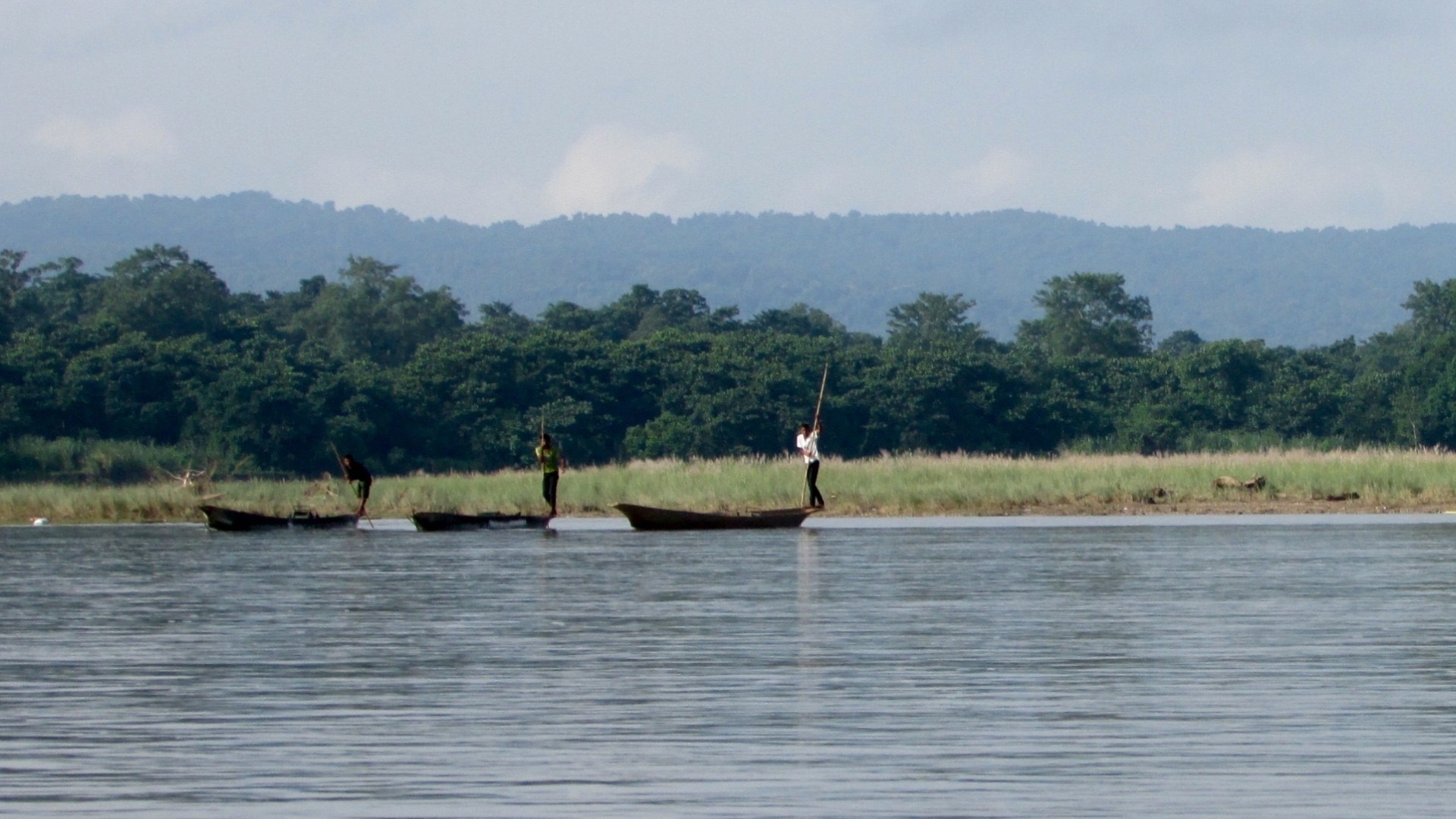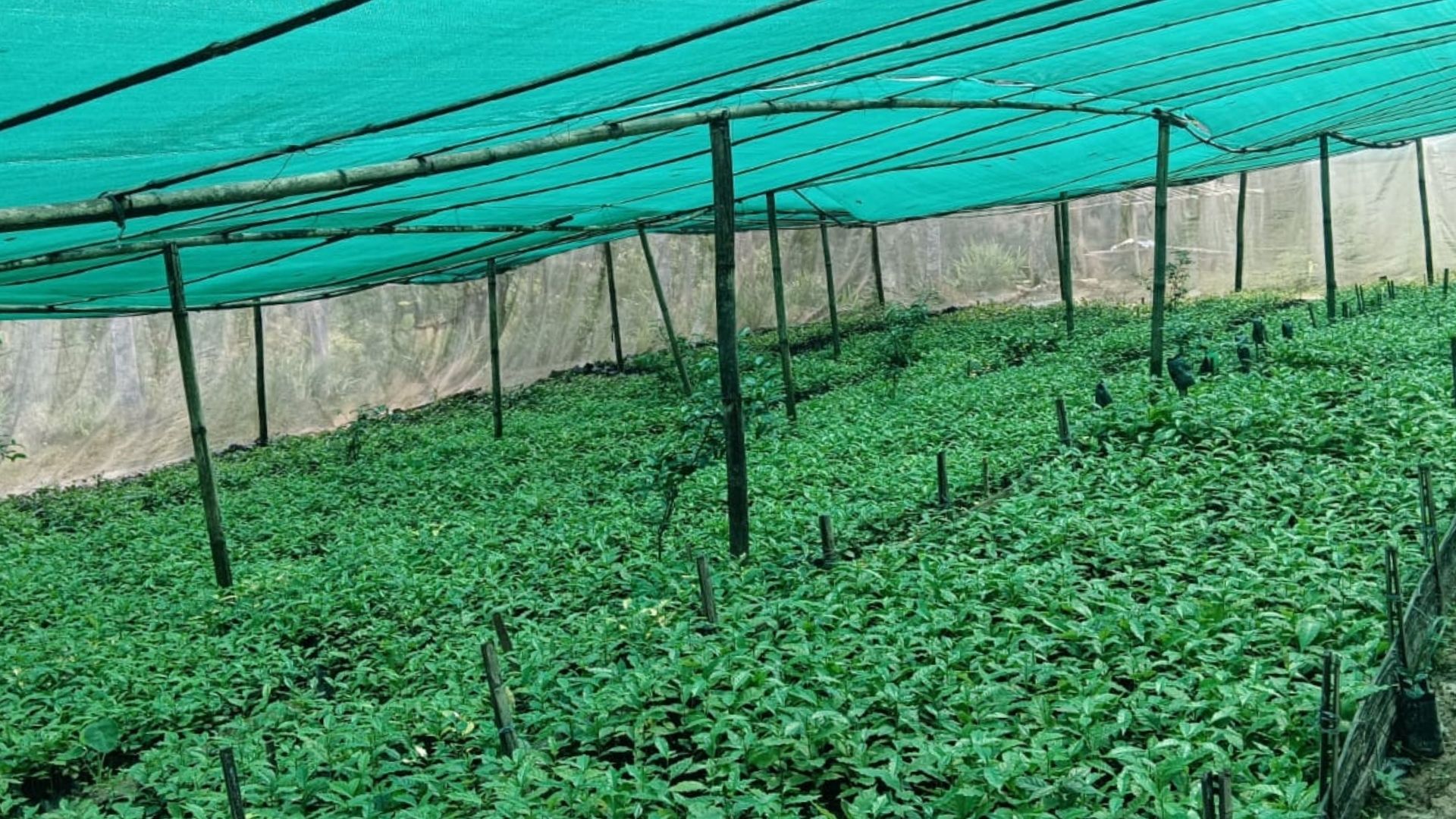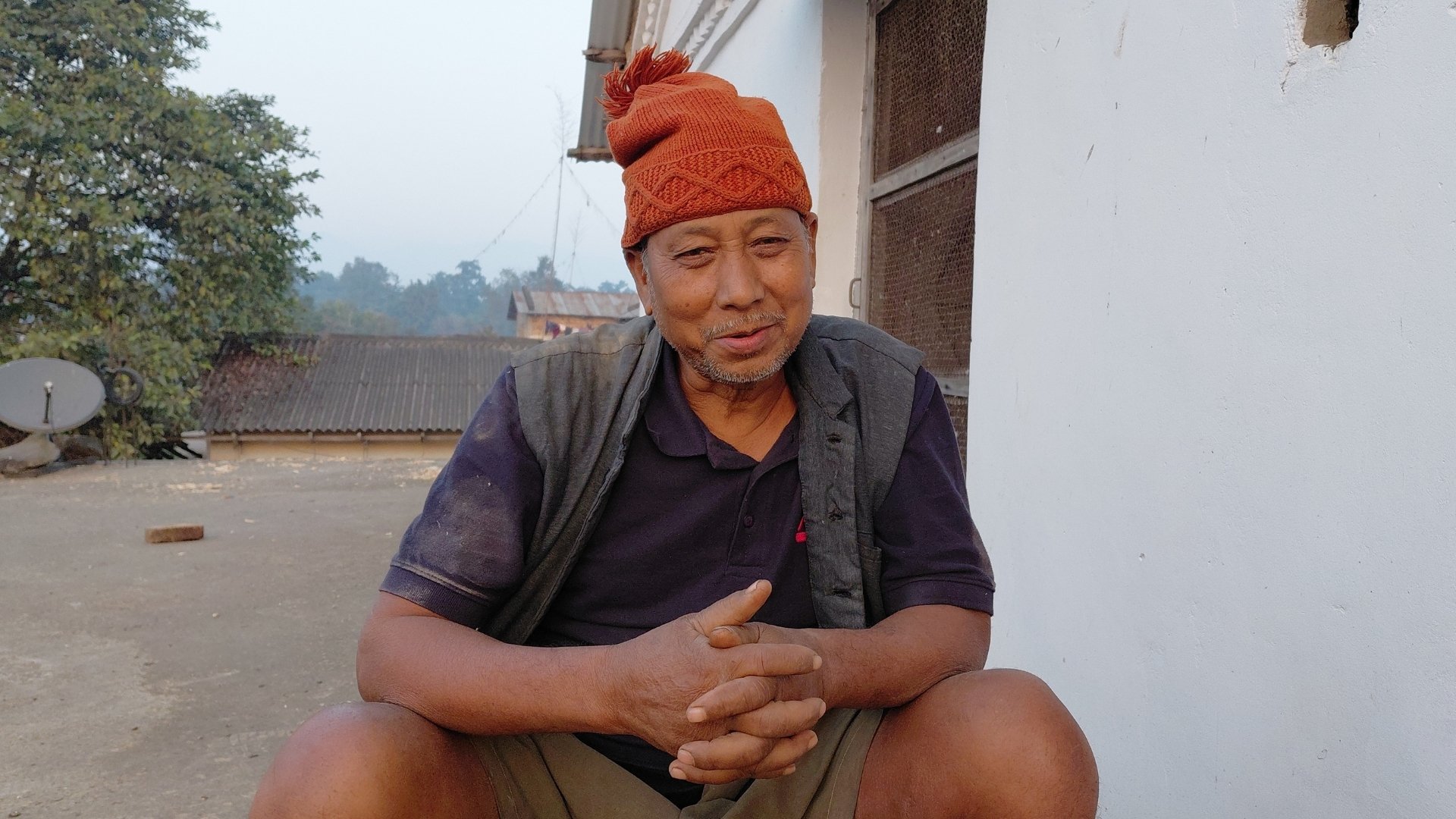Kathmandu. Tea. For many Nepalis, this word carries more than just the idea of a beverage—it evokes a culture. Tea isn’t just a drink; it’s a ritual. At neighborhood tea stalls, conversations stretch from politics to cinema. Stories are shared and woven.
At The Tea Tales, a quaint café in Maitidevi, tea and storytelling converge—aptly reflecting in its name. The café was founded by Rishikesh Basyal, who came to Kathmandu from Arghakhanchi after completing his SLC, and Rohit Shah, originally from Dhanusha.
“Though the café has only been operating for four months, the journey began eight months ago when we first acquired the land,” shares Rishikesh who is a tea aficionado. Rohit equally loves tea. Their friendship was steeped in countless hours spent in tea stalls during their college days—bonding over steaming cups. So when the time came to start a business, the decision wasn’t difficult.
“The idea first came from Rohit who is an MBA graduate,” says Rishikesh. “He said, ‘We’ve been together all these years. Let’s start something.’ Since I’m also involved in theatre, I realized a café could complement that. With family support, everything fell into place.”
Rishikesh had been immersed in theatre and acting for years. When Rohit shared his vision, Rishikesh saw an opportunity to run a café in parallel with his artistic pursuits. “More than just a source of income,” he says, “it felt like a creative outlet. I enjoy cooking too—so a tea café made perfect sense.”
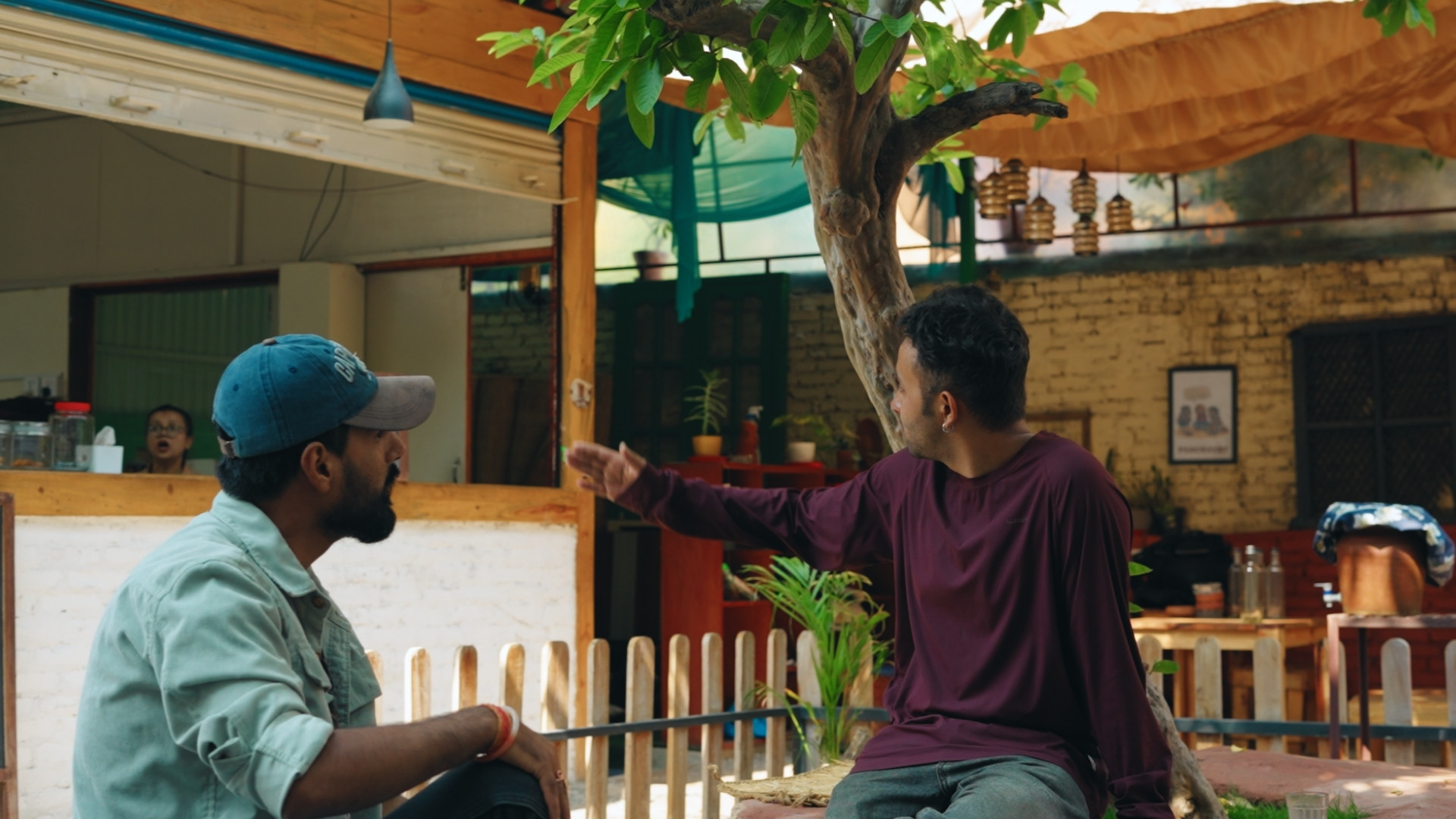
Their partnership began back at Mega College in Kathmandu. Two young men from different corners of Nepal, united by friendship and now entrepreneurship.
A fusion of tea and stories
After high school, their regular hangout was Bimala Didi’s tea stall in Baneshwor. Known for its laid-back vibe, you could spend hours with a single cup of tea without being asked to leave. Inspired by that, they dreamed of creating their own similar space.
Soon, tea-centric cafés like Chiyawala began popping up around Kathmandu. Rishikesh says they loved the ambiance of such places: “There were good vibes. You could stay as long as you wanted. That’s when we thought—our café should feel like a chautari (a resting spot), with floor mats to sit on. We didn’t want people to feel rushed out by crowds.”
At The Tea Tales, the space is exactly that—a cozy courtyard with gundri (a local floor seating), where people can sit, chat, and relax. The café offers not only tea but also board games like Uno, Ludo, and Chess. For readers, there’s a shelf of books. Occasionally, they host poetry readings or film discussions.
The challenge of finding space
Finding land in Kathmandu is a challenge in itself. “We started searching around Asar last year,” says Rishikesh. “We looked from Manohara to Kirtipur. It took us three months.”
Eventually, they found a piece of land in Maitidevi—but it came with a complication. “This used to be a scrap yard for ten years,” he says. “After the municipality cleared it out, we decided to set up our café here.”
Even after securing the land, setting up the café wasn’t easy. “Our initial planned budget was low,” Rishikesh admits. “But the cost ended up nearly doubling. Just cleaning the scrap waste cost us around NPR 35,000–40,000.”
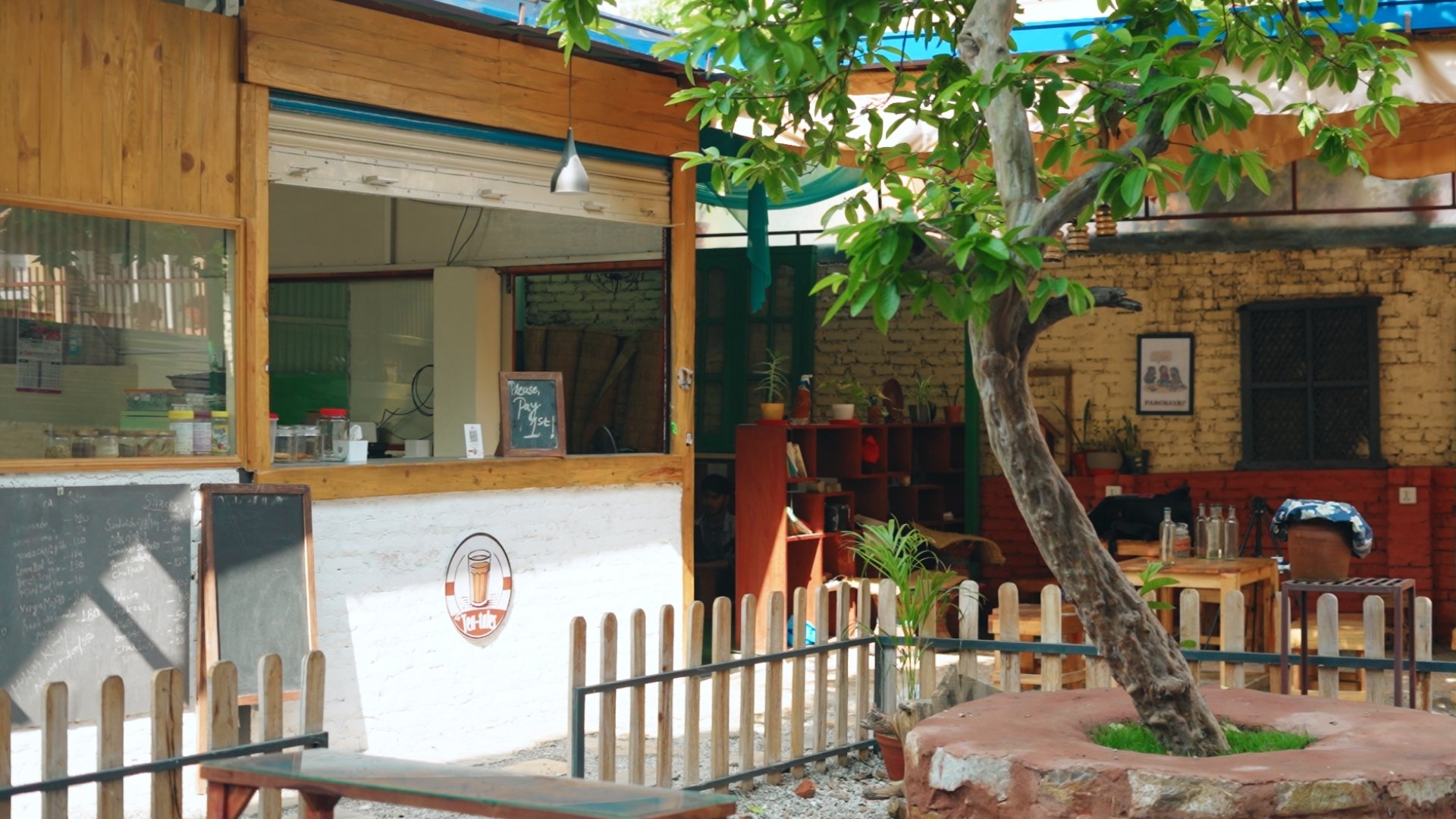
The site had no existing infrastructure—no drainage, no electricity. Everything had to be built from scratch. “From the outside, it seemed simple—just put up a truss roof, right? But it turned out to be like constructing a house. We even got municipal approval.”
Local flavors, authentic roots
Rishikesh and Rohit also wanted their café to reflect Nepal’s local flavors. So the cafe offers traditional foods like Chukauni and Batuk from Arghakhanchi, prepared authentically.
“As someone from Arghakhanchi, I’d never found these dishes made the right way in Kathmandu,” says Rishikesh. “Now we serve them here with that original flavor.”
“We also serve Gud (natural jaggery) tea sourced from Digam in Gulmi. People are moving away from sugar these days. So what can be an alternative to sugar? When I thought about it, I brought Gudh (jaggery) from Digam in Gulmi,” Rishikesh elaborates. They source milk from a shop run by local youths in Maitidevi, while buckwheat flour and other organic items come from their hometowns.
Both Rishikesh and Rohit understand what is important in the process of making tea.“Tea quality depends heavily on the tea leaves and spices,” Rishikesh explains. “Even plain tea leaves can make a delicious brew. We offer masala tea, made with carefully chosen ingredients.”
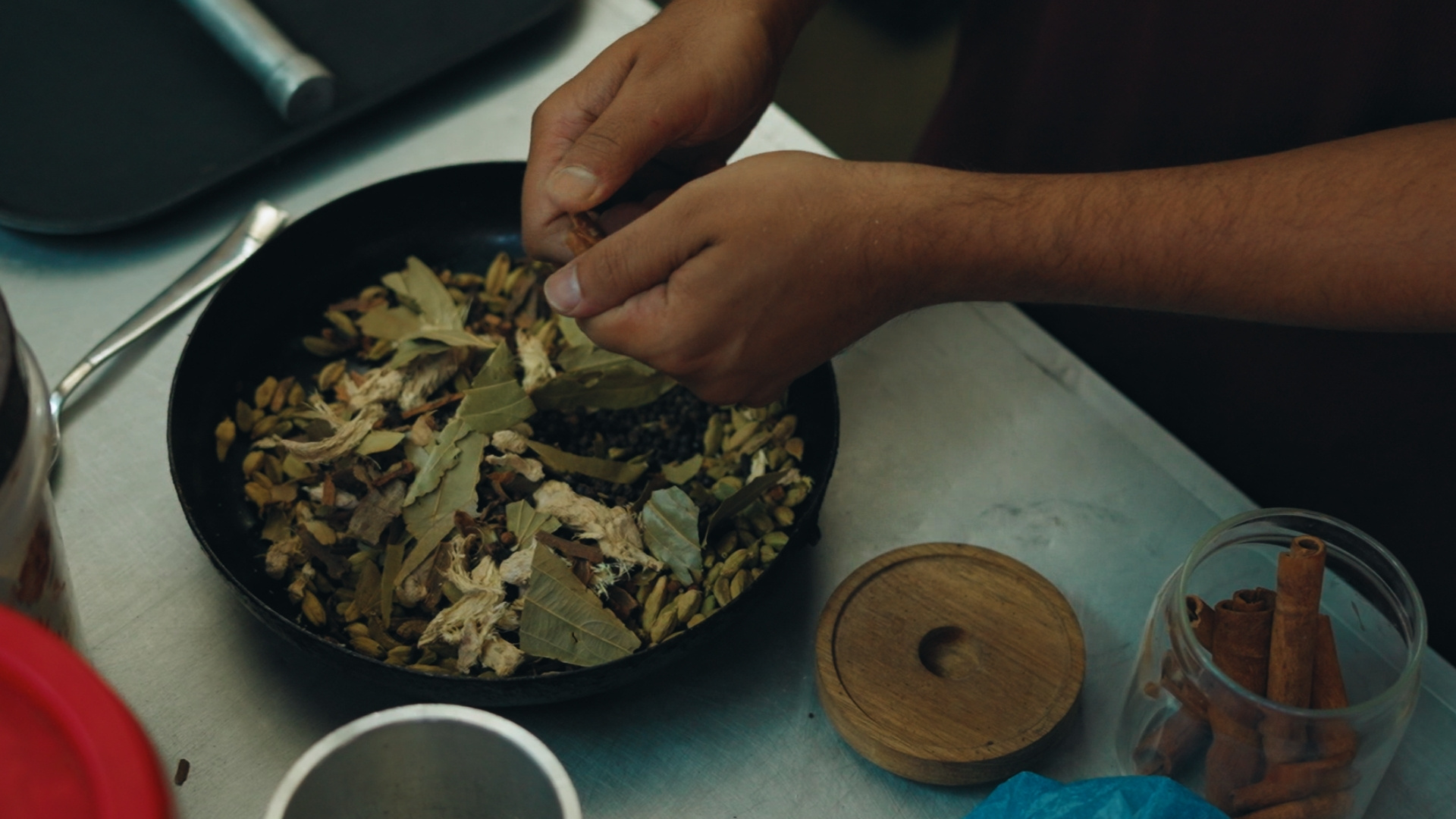
Maintaining the right milk-to-water ratio is crucial. They use packaged milk for consistency in taste and quality. “Before launching, we tested different recipes to perfect the flavor,” he adds.
How’s business?
The customer base is growing steadily. In the mornings, college students drop by. During the day, office-goers come in. By evening, the crowd becomes more diverse.
“With my theatre background, a lot of friends visit too,” Rishikesh says.
Initially, they were selling tea using 15–16 liters of milk per day. Now, with growing word-of-mouth and social media buzz, sales have increased. “We judge our progress based on milk usage,” he says. “In the beginning, it was winter, so cold drinks weren’t selling. Now, we also offer iced teas and other cold beverages. On most days, we use over 25 liters of milk.”
As business grows, The Tea Tales now employs four additional staff members besides Rishikesh, his wife, and Rohit. Rishikesh and his wife run the café in the mornings, while Rohit takes over in the afternoons and evenings.
Both founders are content with the journey so far. Rishikesh, who once enrolled in language classes to go abroad after his +2, now reflects with pride on what they’ve built.
“Sitting here at our little chautari, sipping tea and chatting,” he says with a smile, “we look at each other and say—we actually built something. And that feels good.”


